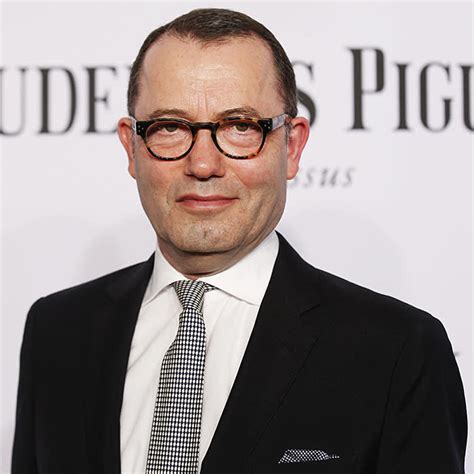A Quote by Robert Fripp
The perception of the audience is the interesting part. If the audience doesn't hear what is going on, is it going on or not?
Quote Topics
Related Quotes
It's very important that a film that intends to play tricks on the audience... has to play fair with the audience. For me, any time you're going to have a reveal in the film, it's essential that it have been shown to the audience as much as possible. What that means is that some people are going to figure it out very early on. Other people not til the end. Everybody watches the film differently.
I think everybody's goal was to make something that was really broad for a big audience, which was my goal too. But my main goal was that I wanted my audience to love it, because they're the ones who are going to buy it, and they're the ones who are going to tell their friends. And I wanted to make sure that core audience was really happy, because if they all buy it we have a successful movie.


































